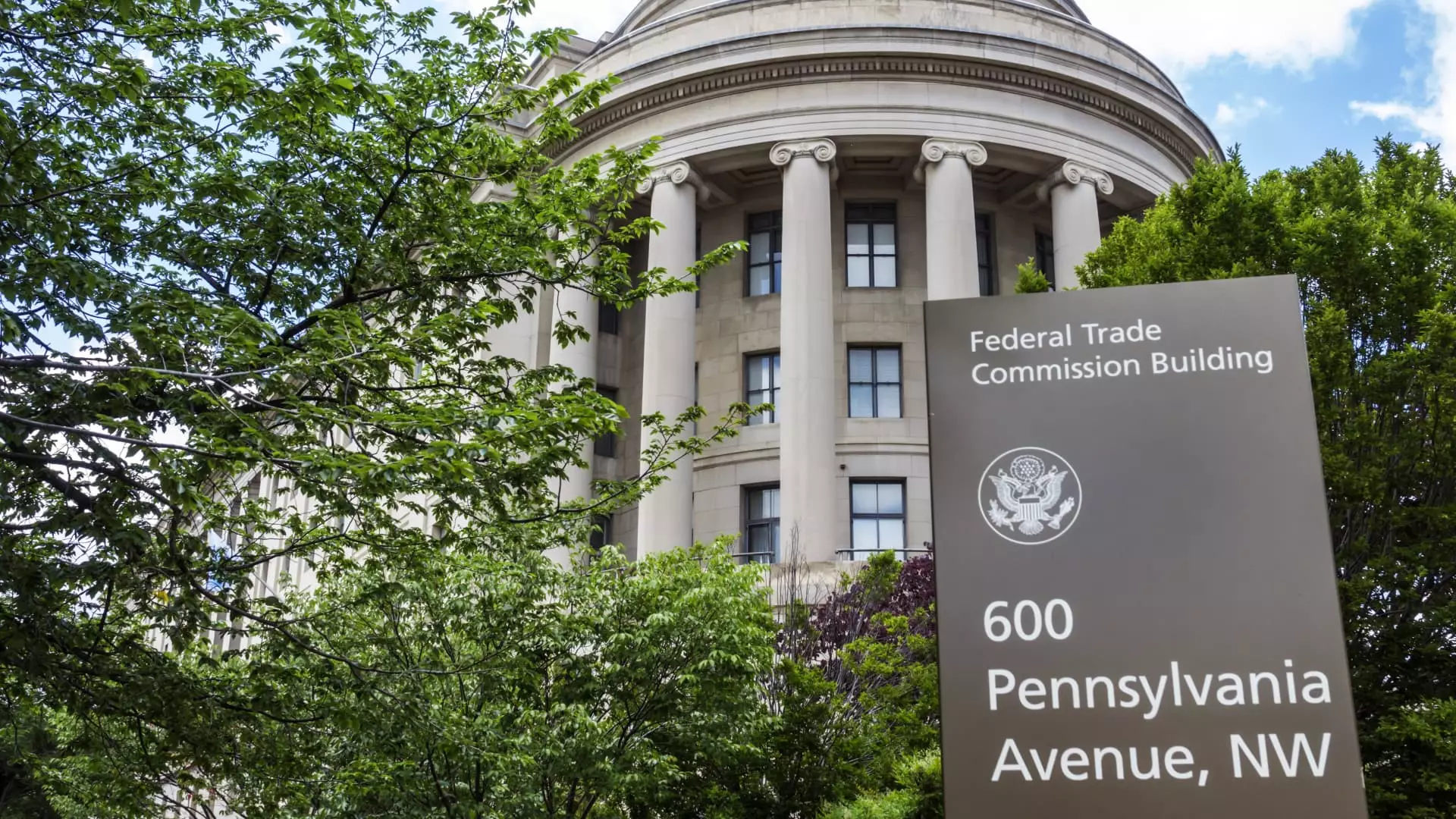In a significant move towards consumer protection, the Federal Trade Commission (FTC) recently announced that it has fined Kubota, one of the leading tractor manufacturing companies globally, a sum of $2 million. Kubota had been found guilty of mislabeling some of its replacement parts as “Made in the USA,” a violation of the Made in USA Labeling Rule. This settlement marks the largest civil penalty ever imposed for such a violation.
The Violation and FTC’s Response
Kubota North America Corporation, based in Dallas, was found to have been misleading customers by labeling thousands of products as U.S.-made, despite them being either wholly imported or incorporating significant imported materials. The FTC discovered that even after production had been shifted overseas, package designs featuring “Made in USA” labels were left unchanged. This deceptive practice not only cheated consumers but also honest businesses operating in the same industry.
Samuel Levine, the director of the FTC’s Bureau of Consumer Protection, stressed the agency’s commitment to cracking down on deceptive Made in USA claims. The FTC’s actions aim to protect consumers from deceptive marketing practices and foster an environment of fair competition in the market.
Kubota issued a statement acknowledging its collaboration with the FTC in resolving the matter. The company expressed its commitment to addressing the concerns raised and stands behind the parts sold since 2021, referred to as “Kubota Genuine Parts.”
Aside from the hefty fine, Kubota is now constrained from making claims of U.S.-origin manufacturing for its products unless it can substantiate significant processing occurring within the United States. Additionally, the company is required to disclose the use of foreign parts in its manufacturing processes. This penalty serves as a stern reminder to Kubota and other companies to maintain transparency in their manufacturing and labeling practices.
Kubota traces its roots back to Japan in the 19th century and has expanded exponentially into a global manufacturer of tractors, construction equipment, and various machinery. Its venture into the U.S. market dates back to 1972 when it established a small office in Southern California. The FTC’s fine against Kubota is a significant landmark in the enforcement of the Made in USA Labeling Rule. It sends a clear message to companies operating in various sectors that they will be held accountable for misrepresenting the origin of their products.
Precedent and Lessons Learned
This recent settlement between the FTC and Kubota surpasses the previous record fine imposed on Resident Home LLC, the owner of mattress brands such as Nectar Sleep and DreamCloud Sleep. Resident Home LLC and its owner, Ran Reske, paid $753,000 to settle FTC charges for falsely claiming that DreamCloud mattresses were made with domestic materials.
It is essential for businesses to adhere to labeling regulations and maintain integrity in their marketing practices. Deceptive claims can harm consumers’ trust and tarnish a company’s reputation. Strict compliance with rules and regulations ensures fair competition and fosters a healthy marketplace for both businesses and consumers alike.
The FTC’s decision to fine Kubota $2 million for mislabeling its replacement parts as “Made in the USA” sets an important precedent in consumer protection and fair competition. This enforcement action highlights the significance of accurate labeling and the FTC’s determination to hold companies accountable for deceptive marketing practices. By emphasizing the consequences of misrepresenting the origin of products, the FTC aims to safeguard the interests of consumers and promote transparency within the industry.

Leave a Reply